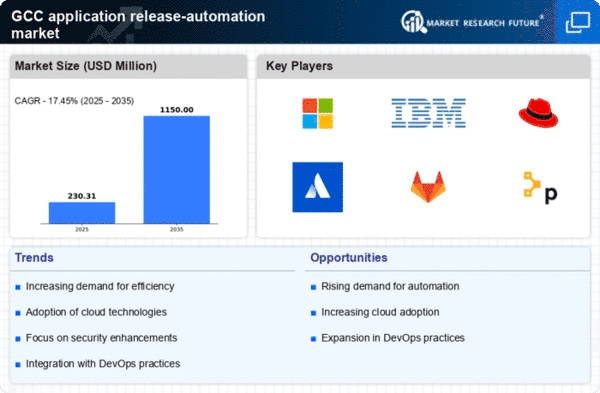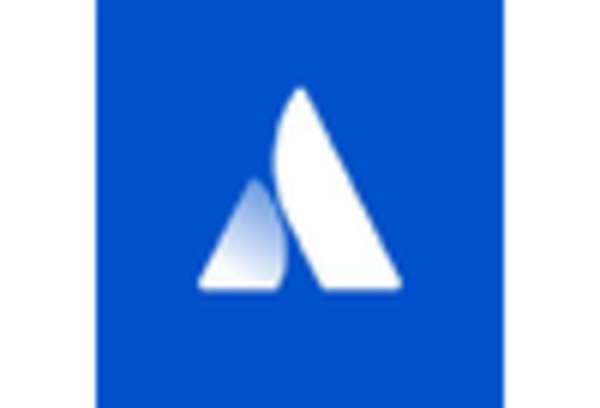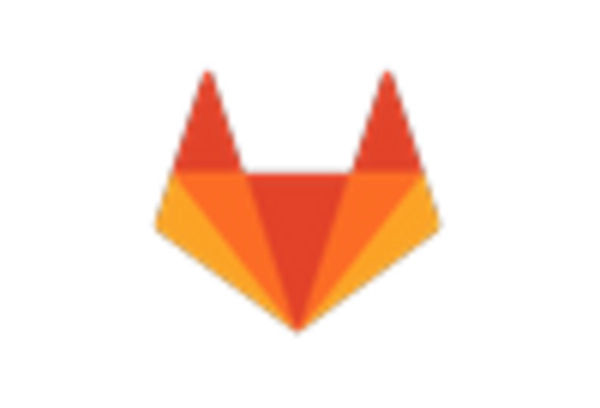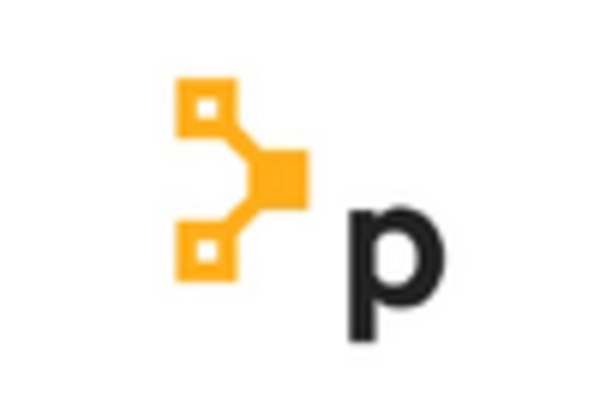Emphasis on Enhanced Collaboration
The application release-automation market is increasingly shaped by the emphasis on enhanced collaboration among development and operations teams, often referred to as DevOps. In the GCC, organizations are recognizing the value of breaking down silos between teams to improve communication and streamline workflows. The adoption of application release-automation tools facilitates this collaboration by providing a unified platform for managing releases. Data suggests that organizations embracing DevOps practices can achieve up to 50% faster time-to-market. This collaborative approach not only accelerates software delivery but also fosters a culture of continuous improvement, thereby propelling the application release-automation market forward.
Growing Demand for Agile Development
The application release-automation market is experiencing a surge in demand for agile development methodologies. Organizations in the GCC are increasingly adopting agile practices to enhance their software development processes. This shift is driven by the need for faster delivery cycles and improved collaboration among teams. According to recent data, agile methodologies can reduce time-to-market by up to 30%. As businesses strive to remain competitive, the integration of application release-automation tools becomes essential to streamline workflows and facilitate continuous integration and delivery. The emphasis on agility is likely to propel the market forward, as companies seek to respond swiftly to changing customer needs and market dynamics.
Rising Focus on Operational Efficiency
In the GCC, the application release-automation market is significantly influenced by the rising focus on operational efficiency. Organizations are increasingly recognizing the importance of optimizing their software delivery processes to reduce costs and enhance productivity. By automating release processes, companies can minimize manual errors and accelerate deployment times. Recent studies indicate that organizations implementing release automation can achieve up to 40% improvement in operational efficiency. This drive towards efficiency not only enhances the quality of software releases but also allows businesses to allocate resources more effectively, thereby fostering growth and innovation in the application release-automation market.
Growing Regulatory Compliance Requirements
The application release-automation market is increasingly influenced by growing regulatory requirements in the GCC. As businesses face stricter regulations regarding data security and software quality, the need for automated release processes becomes paramount. Organizations are compelled to adopt application release-automation tools to ensure compliance with industry standards and regulations. This trend is particularly evident in sectors such as finance and healthcare, where compliance failures can result in substantial penalties. The market is likely to expand as companies seek solutions that not only streamline their release processes but also enhance their ability to meet regulatory demands effectively.
Increased Investment in Digital Transformation
The application release-automation market benefits from increased investment in digital transformation initiatives across the GCC. As organizations strive to modernize their IT infrastructure and adopt innovative technologies, the demand for automation tools is on the rise. Companies are allocating substantial budgets towards digital transformation, with estimates suggesting that spending in this area could reach $10 billion by 2026 in the region. This investment is likely to enhance the capabilities of application release-automation tools, enabling organizations to achieve faster and more reliable software releases. The alignment of digital transformation strategies with automation practices is expected to drive growth in the application release-automation market.
















